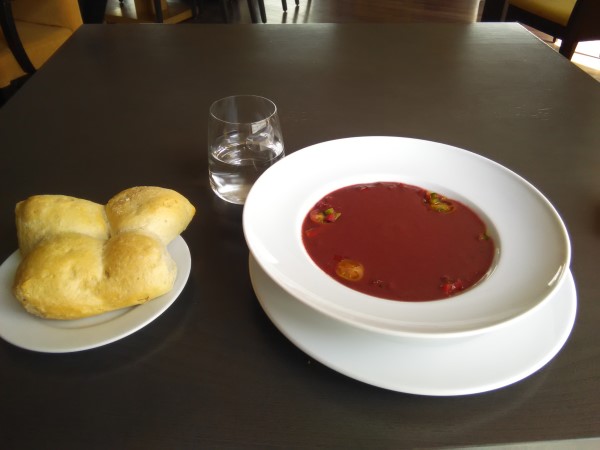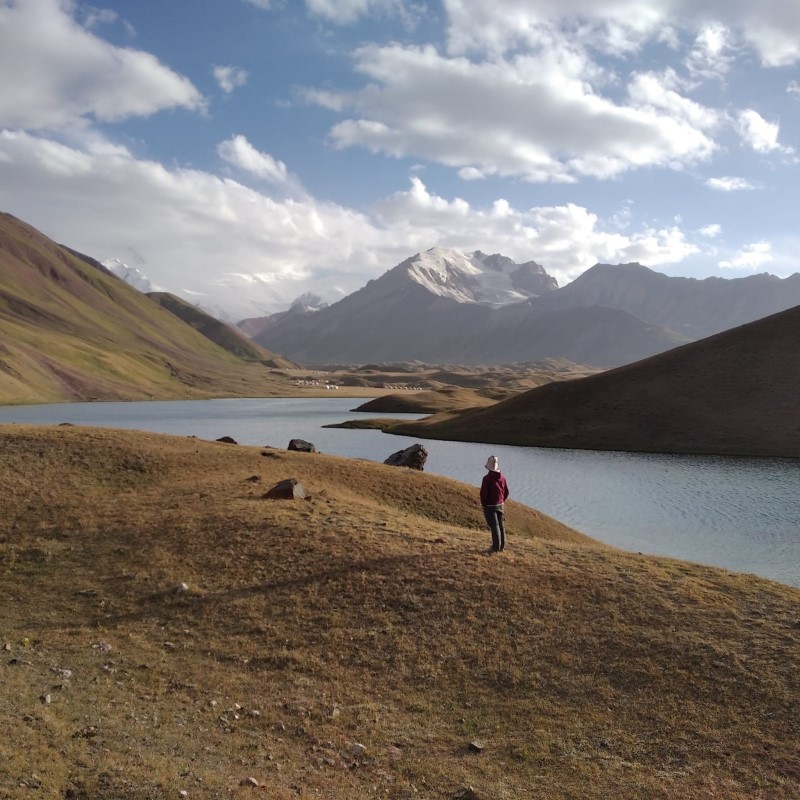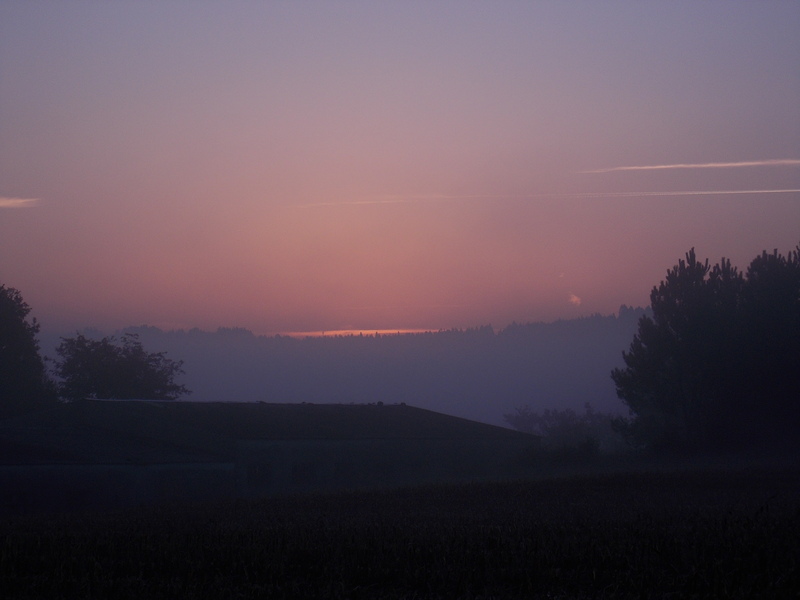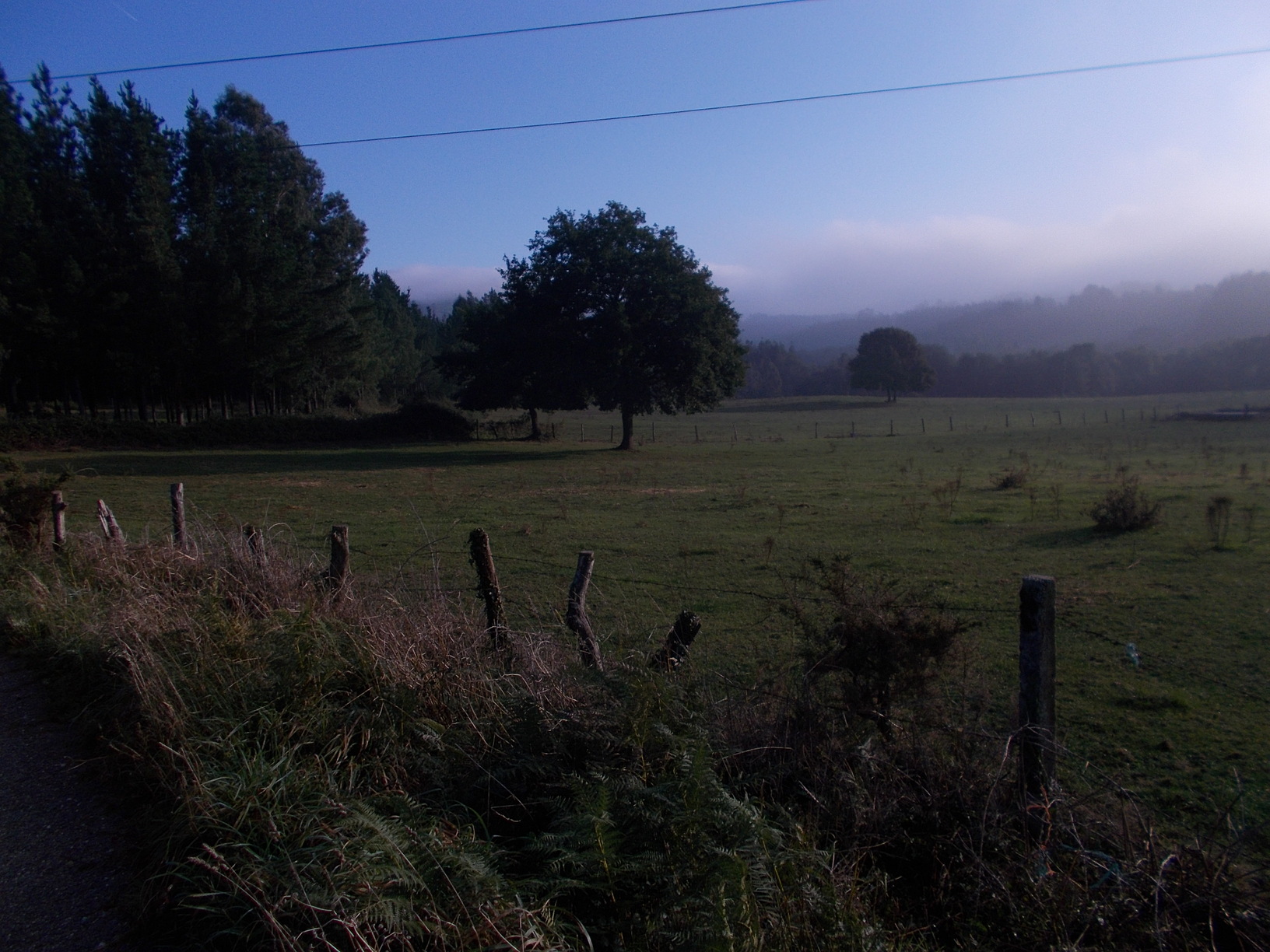I’ve got an email from one of the readers of CaminoLovers.com a few days ago. They asked me what role Catholicism plays on the Camino, and whether it is fine to do the way, even though you do not believe in any God. Their message helped me to realize that things obvious for us “Camino veterans” can still be confusing for someone living far from Europe, and contemplating doing their first pilgrimage next year. Hence I decided to write this post. So, what role does Catholicism play on the Camino, and can you do the pilgrimage if you profess any other faith, or no faith at all?
The quick answer is YES. You can definitely do the Camino, regardless of your faith (or lack of it). Historically, Camino de Santiago was a Catholic pilgrimage, and only Catholics did it (often for penance, as a form of punishment). But we speak here about century or more ago, when we lived in a different world… Back then people weren’t as fortunate as we are today--having resources, living long lives, and being able to enjoy a one month (or even longer) walk in Spain, with all the infrastructure present on the Camino.
In past centuries pilgrims suffered a lot on their pilgrimage, often enduring days of hunger, sleeping under the stars (in any weather), and praying to God that they may reach Santiago alive, and their sins be forgiven :). And while there is certainly a beauty to this way of reaching Santiago (at least in an eye of a romantic like me), it has nothing to do with modern pilgrimage as we know it today, except of that some suffering is still present. But what role does Catholicism play in modern-day pilgrimage?
* May also interest you: Camino Frances Guide, stage by stage. Online and free.
Table of Contents
Majority of pilgrims arriving to Santiago (or walking part of the way) aren’t Catholics
The concept of Spanish Caminos has transcended the boundaries of Catholic faith in recent decades. Sure, some people still stop in every church and go to masses and pray to God for sinners like me along the way. And I have a lot of respect for their faith (and am grateful for their prayers). But people do the Camino for all sorts of reasons, including, but not limited to religious, spiritual, athletic/touristic, cultural, cheap eating-drinking-dancing holiday, or even combination of all!
What I try to say here is that you can definitely do the Camino as a non Catholic, and you won’t feel like an outsider, since most people you will meet along the way won’t be Catholics either. You do not have to be afraid of being sent away from pilgrim hostels or other places, or facing some interrogation along the way, just because you do not believe Jesus Christ is a Messiah and will come again. Having said that, Catholicism still plays an important role on the way. If you can, please show some respect for the religion. And if you cannot, I suggest you to avoid discussions about it altogether.
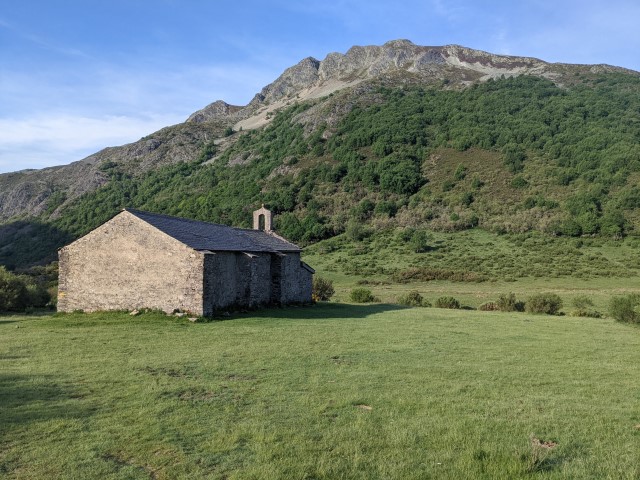
– Church on a high plain, Camino Olvidado. If it weren’t there the way would probably not pass through such a beautiful area…
The “Compostela” certificate in Santiago inflates the official percentage of Catholics on the way
If you come across official statistics from Spanish websites, you may think I am wrong and actually more than 50% of people arriving to Santiago are Christians. However, you should know that these statistics are based on the number of “Compostela” certificates issued to people in pilgrims’ office in Santiago.
Most people want the Latin Compostela, and hence when questioned whether they do the pilgrimage from “1.) religious, 2.) religious and other, or 3.) other reasons”, they pick either number one or two, to get the desired certificate. Just from personal experience with fellow pilgrims on many Caminos I know that countless people who believe in no God whatsoever choose one of these options (to get the Compostela), hence inflating the official percentage of Catholics on the way.
What’s more, this number is also inflated by the fact that not everyone who reaches Santiago goes to grab their Compostela. I did it on my first Camino and then never again, hence officially I am not in the statistics :). However, vast majority of Catholics goes to get the Compostela, whereas many people doing Camino for other reasons do not. Logically it inflates the official percentage of Catholics even more. And then you have people who do just a part of the way (for example not having enough time to do the entire thing) and do not reach Santiago. They are also pilgrims but you won’t find them in the statistics, regardless of whether they profess Catholic faith or not.
Catholic church did a great job on the Camino and we should be grateful for it
Regardless of your opinion when it comes to Catholicism and it doctrines, we should not forget about the tremendous work the church has done on the Camino… First of all the restoration of Cathedral of Saint James in Santiago and in countless other churches along the way. Then you have many wonderful parochial albergues, places where you can often sleep for free, or for a small donation. Catholic church also helps in big way when it comes to promotion of the “concept of the Camino”, and its members do a great deal of charity work, related to both Camino de Santiago and activities outside of it.
The point I try to come to here is that even when you perhaps do not like the church and some of its controversies, it makes sense showing respect to the institutions along the Camino. It is sad seeing graffiti on ancient churches, and many cultural sights damaged, just because some hates the church, and does not acknowledge the role it plays on the Camino….
Final words on doing Camino de Santiago as a non-catholic
I sincerely hope that after reading this post all your doubts are gone, and you are going to buy the flight ticket to Spain (or fly to one of the other places to start the Camino). Show respect and friendship to other pilgrims regardless of their faith, and you can be sure they will pay you back with the same coin. Buen Camino!
Matej
May also interest you:



![Ultralight Packing List for Camino de Santiago [2025 Edition]](https://caminolovers.com/wp-content/uploads/2022/03/altra-shoes-640-x-480.jpg)
